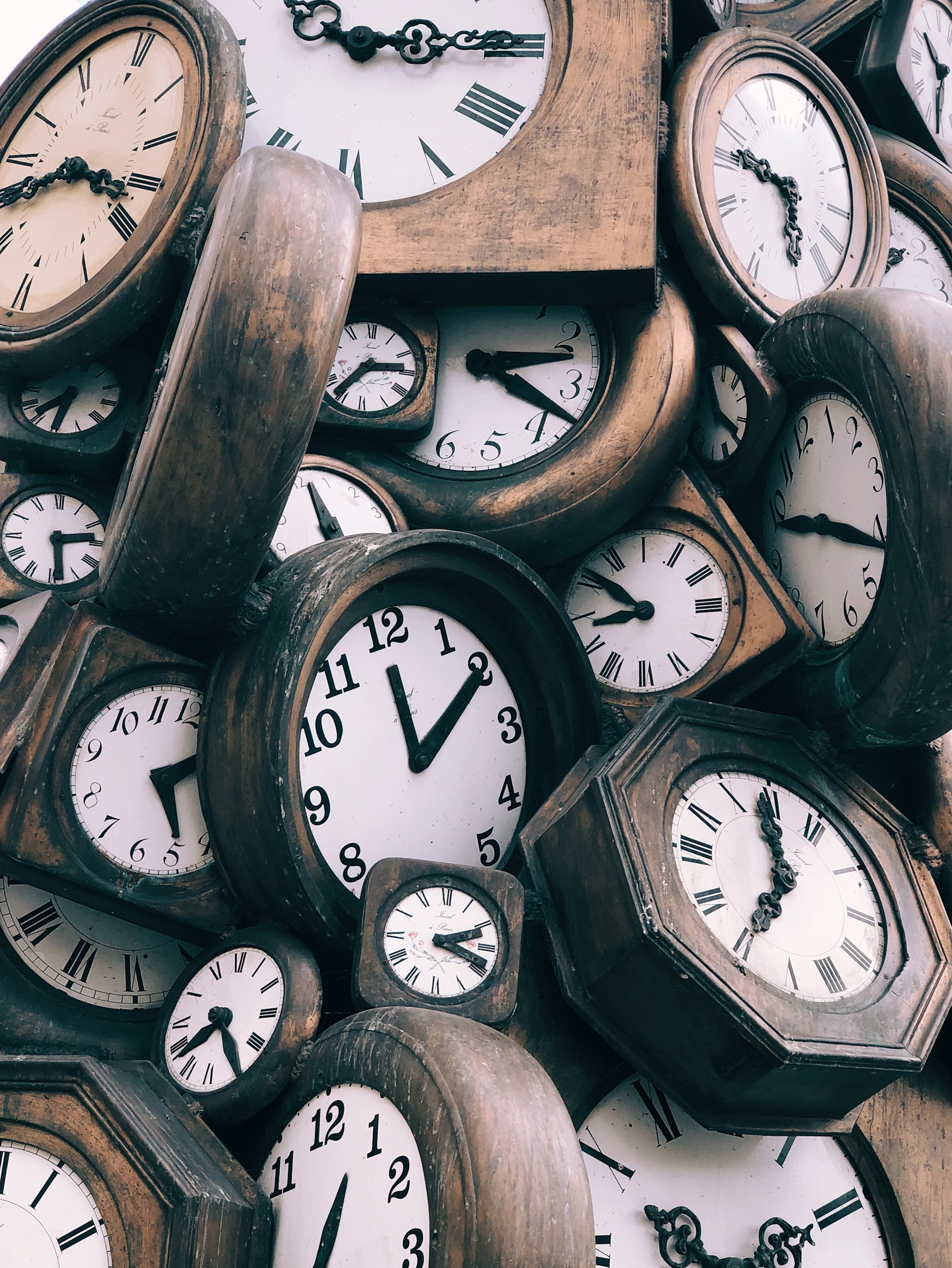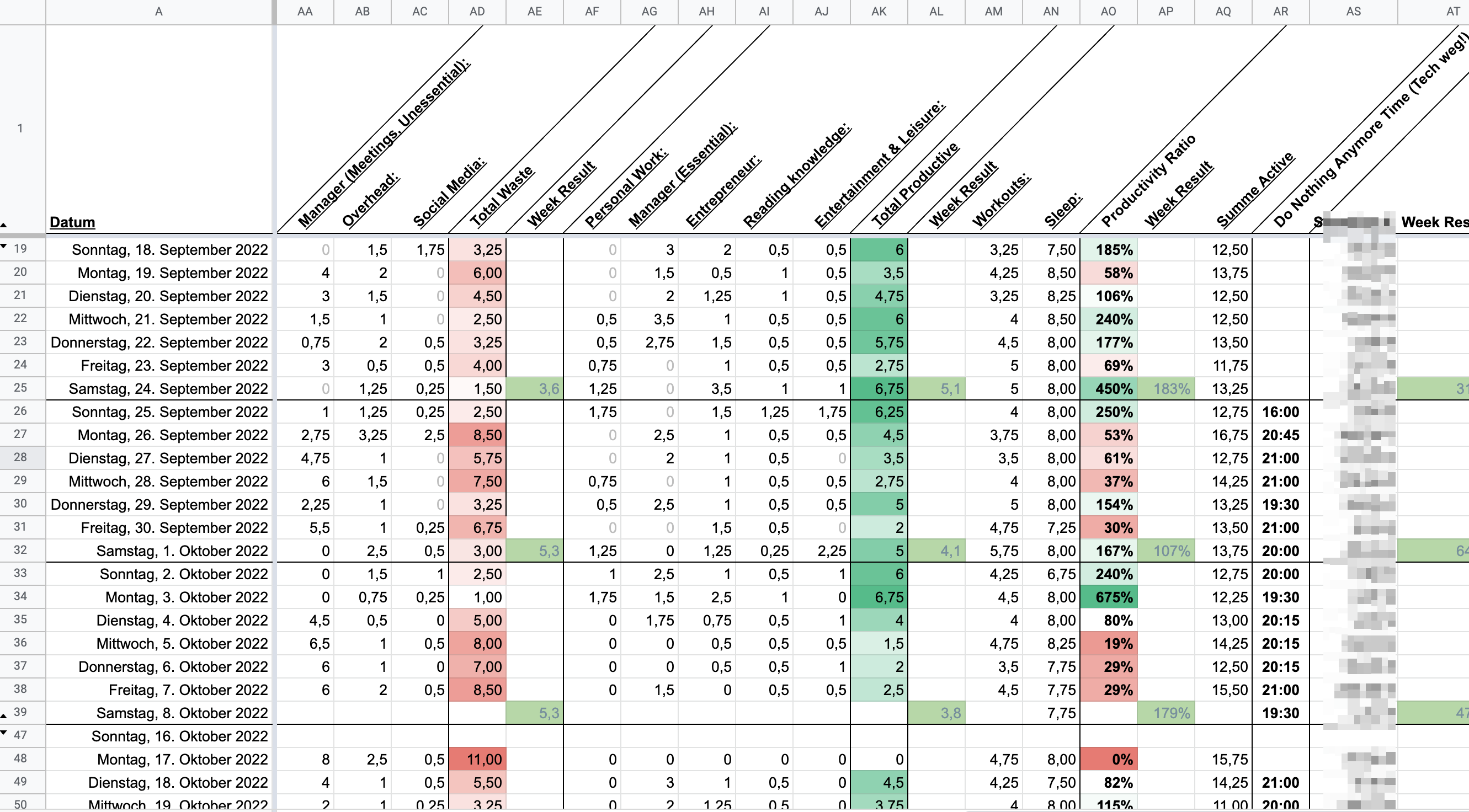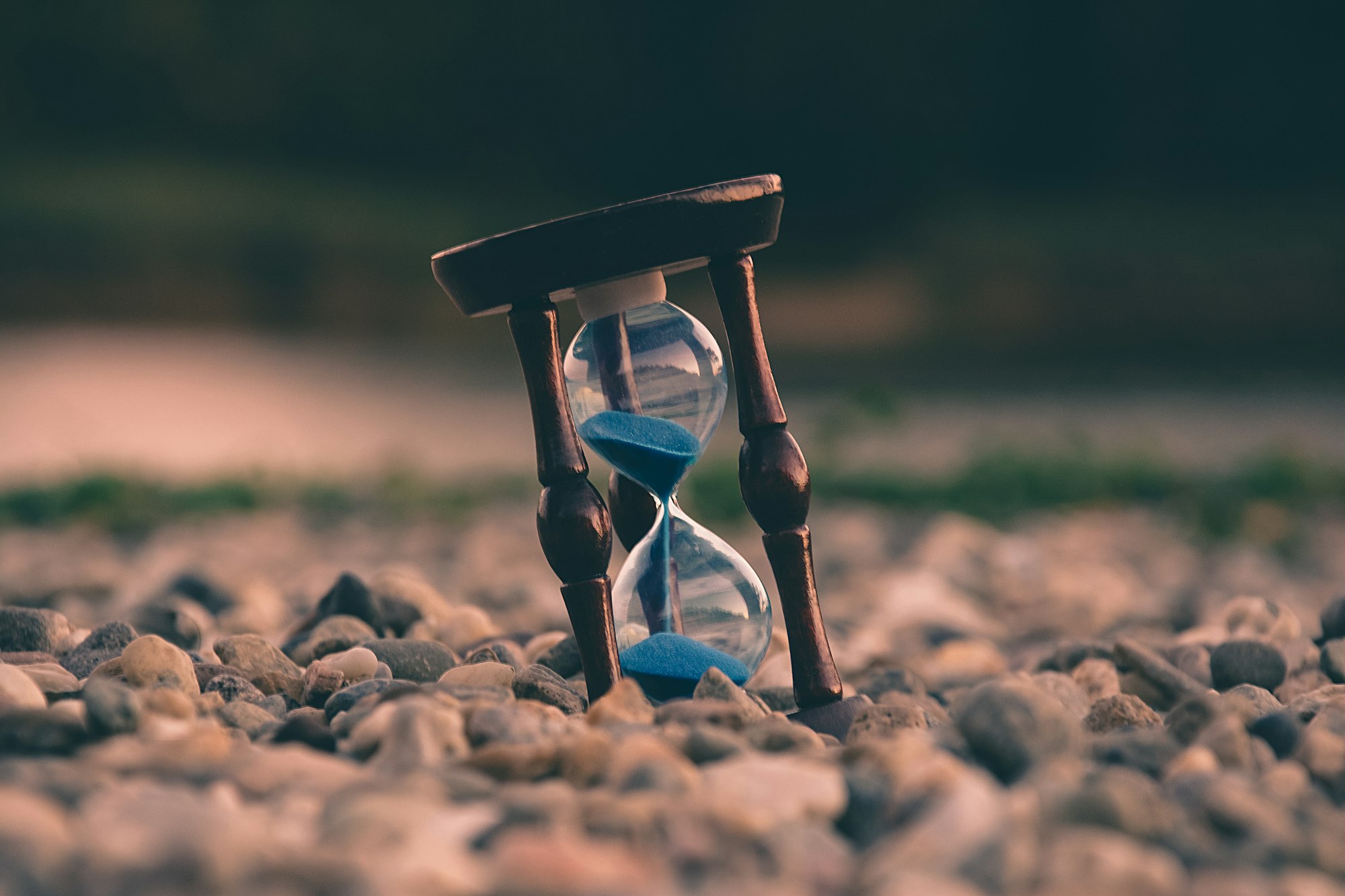The surprising truth behind the question of how to achieve 7-8 hours of sleep while being productive.

I read a question on Reddit that had me wondering at first: How to achieve 7-8 hours of sleep while being productive?
I find the questions and answers (e.g. sophisticated accelerated learning strategies) very strange because the true answer to this is straightforward from my point of view.
I need at least 7:45 hours of sleep to be 100% fit.
First, of course, to answer the question, you need to know how much sleep you need and how much your body would take if there were no alarm clock.
It's easy to find out through an Apple Watch or similar wristband: for me, it takes an average of 7 hours and 45 minutes to be fit. 7:15 is not yet a world's ending, but I notice the impact on my ability to concentrate. 06:30 is also possible, but that takes it out of me.
For you, however, it can look quite different. In any case, you should try to determine what your baseline is. In any case, some people need significantly more (9 hours) and also people who can manage with significantly less (5 hours). But this is considerably less likely, just like in a normal distribution.

The obvious, natural and straightforward answer is to go to bed early.
I typically go to bed at 8:30 pm to read for another hour until 9:30 pm. Then I usually fall asleep automatically. Accordingly, it is no problem for me to get up between 5:30 and 6:00 am and perform my morning routine wholly refreshed.
Going to bed early also fits in with work and family obligations and can be integrated wonderfully into my everyday life.

What you have to get rid of is the evening bumming around on the couch and the TV.
I suspect this is where the real problem lies behind those who find it difficult to go to bed early. For many people, the evening from 8 pm to whenever is the only time they have complete control over their time where they can do what they want without being influenced by their job, wife or children.
In the zeitgeist, this is also called bedtime procrastination, when people stay up later than they intended because they feel they should use this time entirely in their control.
So this is interesting because this leads to the following logic:
You must first become a master of your day not to have to exercise control in the evening and not fall into the bedtime procrastination trap.
I think it's so easy for me to trade my evening time on the couch for bed because I've been maximally productive throughout the day, according to my agenda.
I'm usually satisfied with my day's work and so exhausted that I'm even happy to fall into bed. Exceptions are social events, like dinners with work colleagues, but that are relatively rare (1-2 times a month).

Change your daily routine so that you become the master of your agenda wherever possible.
There is always a time when you have to work for a boss. But these are seldom the total 16 hours you have in your day. Often it's not even 8 hours where you have to work on other people's agendas. That means that in at least 8 hours a day, you can and must have complete control over your agenda, goals and milestones.

In the picture above, you can see a snapshot of my "measure what matters" google sheet, where I try to become a master of my agenda. In the spreadsheet, I record the following things about my time investments:
- Time waste (work on other people's agendas, non-productive meetings, emails, productivity overhead, social media, etc.)
- Productive time = my agenda (Self-optimization, essential manager work, my entrepreneurial ambitions, reading, learning, high-quality leisure time, and so on)
- Exercise time (including my long walks, so usually around 4 hrs a day)
- Sleep
- A productivity score that puts productive and unproductive time in relation
- Closing time (usually very close to my going-to-be time)
- Total tracked time (I can generally account for 13 hrs or so of my 16 hours available; the rest is generic leisure time, etc.)
I aim to have more productive time (mastering my agenda) than unproductive time (self-created time wasted or working on other people's agendas). I still don't achieve this goal often enough, but working on it feels very fulfilling.

The first step is to recover an individual timebox of 2 hours.
Of course, it is difficult to become a master of your own time from one day to the next. It's a transformation that can take years. So my final, actionable tip for this blog article is as follows.
If you find it hard to go to bed early at night, your day isn't fulfilling enough. You can solve this:
- In the first step, you win back a timebox of 2 hours for yourself. Ideally, this is in the morning before your work or, if necessary, directly after your work. There you plan according to your personal goals how you want to use this timebox (learning, sports, creativity, entrepreneurship, whatever).
- You will notice after a few days that you feel more fulfilled than before and more exhausted in the evening. You will find it easy to go to bed at 9 pm and only read a little. Accordingly, you will get your 8 hours of sleep.
- You keep building your 2-hour timebox over the weeks and months until you eventually spend more time according to your agenda than you do with other people's agendas or other time waste.
What do you think? Is bedtime procrastination the true challenge behind questions like the one on Reddit that triggered this blog article? Feel free to add your thoughts to the comments!

Discussion